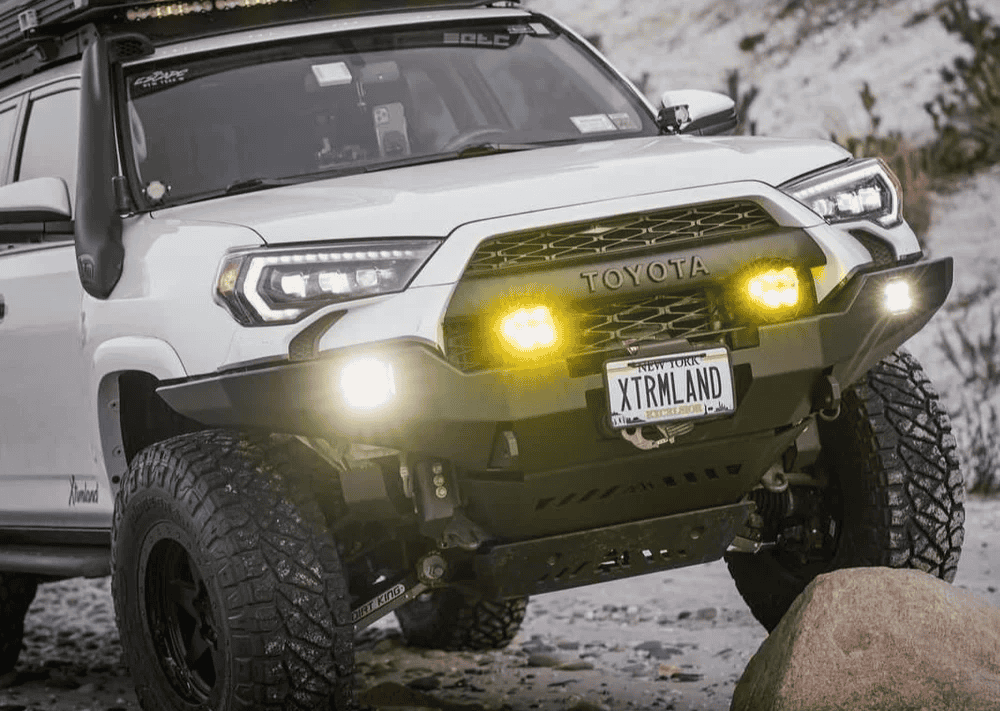Overland Vehicles

A truck camper shell converts an open bed into enclosed, weather resistant space. The first decision is fit. Measure bed length, rail width, cab contour, and tailgate height so the shell sits square without gaps. Factory options like stake pockets, utility rails, and bed liners can change the final seal, so verify the shell profile against your exact truck model year.
Shell materials shape performance. Fiberglass delivers a painted, vehicle like finish with good insulation and smooth lines. Aluminum keeps weight low, offers modular windows and doors, and resists corrosion with the right coating. Composite designs blend stiffness and thermal benefits while keeping mass reasonable. Roof structure and crossbars determine what you can safely carry. If you plan to mount a roof tent, bikes, or kayaks, confirm static and dynamic load ratings and look for internal reinforcements that spread weight across the shell.
Windows affect light, airflow, and security. Sliding side windows with screens help pets and gear breathe, while solid panels keep prying eyes out. Rear doors range from framed glass hatches to solid aluminum barn doors; choose based on how you load and how often you need wide open access. A well built shell will have even panel gaps, uniform gelcoat or powdercoat, sealed fasteners, and a base rail that compresses evenly along the bed.
Look for continuous bulb seals around the perimeter, stainless or coated hardware, and hinges that operate smoothly without racking. The shell should sit flush with consistent compression at all contact points when latched.
Add the shell weight to tools, racks, and cargo to stay within payload. Heavier shells can settle suspension, change brake feel, and alter handling. Match springs or helper solutions to the final loadout.
Locking handles, framed glass, and interior latch guards slow opportunistic access. For weather, a shell should have drip rails, sealed seams, and well placed weep holes so water exits instead of pooling.
A shell excels when you need vertical space for coolers, totes, bikes, or a slide out drawer system. It also supports rooftop gear and can be outfitted with lights or a small fan for airflow. A low profile cover trades height for quick access and clean aerodynamics. For example, a truck hero tonneau cover in hard folding form gives fast bed access and keeps rain off without adding much weight.
Daily drivers often split their year between hauling tall items and wanting a sleek bed. If you spend more weekends with a bike rack and camp bins, the shell makes life easier. If the truck bed stays flat loaded with cases and tools, a sturdy cover may be the simpler choice. You will sometimes see catalog headings like truck and truck inc when browsing parts databases. Treat those labels as vendor references rather than a standard; verify fit and rating details against your exact pickup.
Ventilation, condensation control, and lighting make a big difference for real use. Even a compact 12 volt fan reduces moisture buildup around bedding and soft goods. LED strips under the rails keep night loading organized without draining power. If you carry fuel or chemicals, choose solid side panels and prioritize airflow out the rear to keep fumes moving away from the cab.
Preparation prevents leaks. Clean bed rails thoroughly and dry them before setting the shell. Use the correct bulb seal and corner blocks, then torque clamps evenly from front to back, rechecking after the first few drives. If you wire third brake lights or interior lamps, route loom in protected channels and use grommets where it passes through panels. Dielectric grease on connectors keeps corrosion away.
Sealing checklist
Roof load readiness
Care and cleaning
Thoughtful planning turns a shell into a mobile workshop or a tidy travel space. If your goals include remote trips, matching the shell to suspension, tires, and electrical can create a cohesive system that works on job sites and trailheads alike. For overland focused builds and system planning, explore overland rigs that show how storage, power, and recovery gear integrate with the truck bed environment.
When you are ready to dial in the full package, our team can integrate the shell with a roof rack, lighting, and bed systems that fit your use case. If you want a tailored path from concept to installation, our custom overland upfit process maps components to real world needs, not just a spec sheet. Curious about our approach and craftsmanship standards before you commit? See what sets us apart at why choose OZK Customs, then tell us what your truck needs to do Monday through Sunday. We will help you choose between a shell and a cover, plan the racks and wiring, and hand you a rig that feels sorted on day one.
Ready to turn your pickup into a dialed utility and travel rig? Tell us how you use your truck and we will spec the right shell, racks, wiring, and interior to match. Submit the form and our team will map your build plan, timeline, and budget so you can hit the road with confidence.
ADDRESS:
6159 E Huntsville Rd, Fayetteville, AR 72701
PHONE:
(479) 326-9200
EMAIL:
info@ozkvans.com